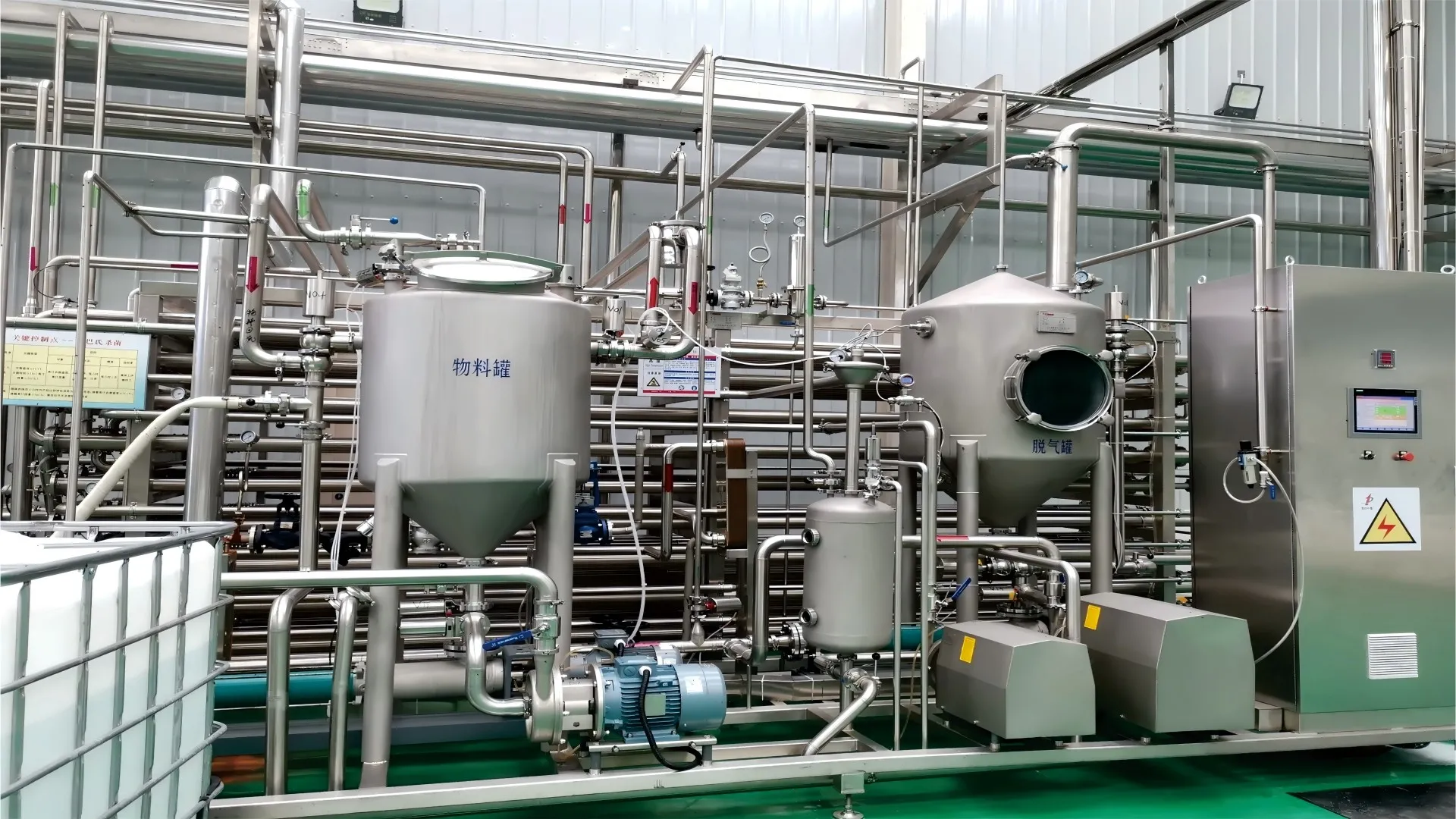Pineapple juice is a popular beverage worldwide, valued for its refreshing taste, rich vitamin C content, and versatility in both retail and industrial applications. For many food and beverage businesses, the question arises: Should we build our own pineapple juice plant? The answer often depends on production goals, cost efficiency, and market strategy. Here’s why investing in your own facility can be a smart business move.
- Full Control Over Product Quality
When you own a pineapple juice plant, you control every stage of production—from sourcing fresh pineapples to final packaging. This ensures that juice quality meets your brand standards and complies with food safety regulations. You can choose ripe, high-quality fruits, optimize processing times, and minimize oxidation to preserve natural flavor and nutrients.
- Cost Efficiency in the Long Run
While building a plant requires upfront investment in equipment, construction, and staffing, it can reduce long-term costs. Processing juice in-house eliminates reliance on third-party manufacturers, lowers transportation expenses for raw materials, and enables better cost management per liter of juice.
- Increased Production Flexibility
Owning your plant allows you to adjust production schedules based on demand. Whether you need to produce fresh juice, concentrate, or blended beverages, you can quickly adapt without waiting for external processors. This flexibility is especially beneficial during peak seasons or when introducing new product lines.
- Opportunities for Product Diversification
A pineapple juice plant can be equipped for more than just juice extraction. With the right machinery, you can also produce pineapple puree, concentrates, and mixed fruit beverages. This diversification helps you capture multiple market segments, from retail juice bottles to bulk foodservice supply.
- Compliance and Traceability
Food safety regulations are becoming increasingly strict. Having your own plant makes it easier to maintain compliance through internal quality control systems. You can track each batch from fruit sourcing to packaging, enhancing traceability and consumer trust.
- Brand Value and Market Positioning
Producing juice in-house allows you to market your products as “direct from the source,” emphasizing freshness and authenticity. This story can strengthen brand identity and appeal to health-conscious consumers who value transparency.
